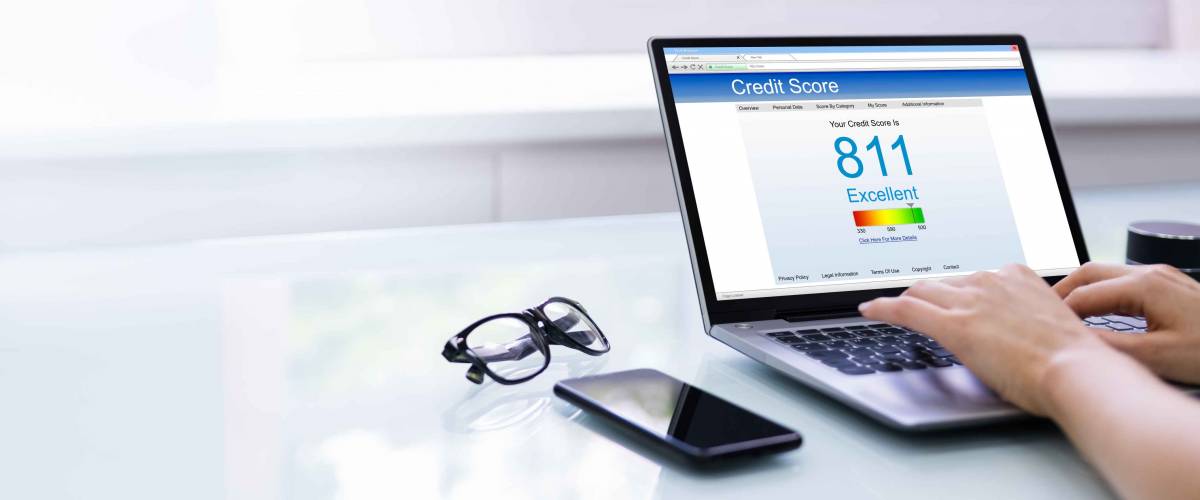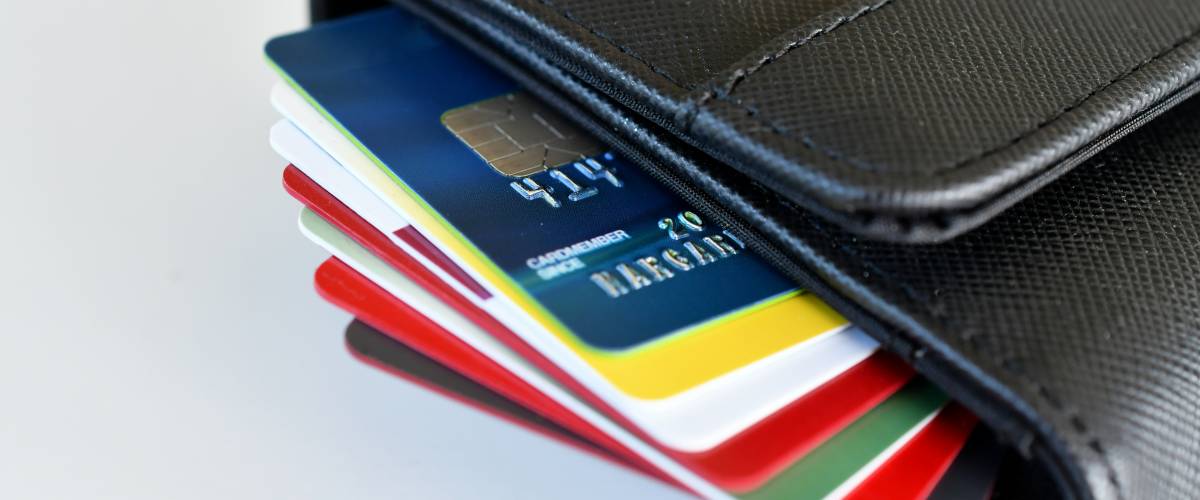Why you need to build up credit

In Canada, lenders report the relevant details of your credit accounts (whether you’re paying on time, how much of a balance you carry and more) to two major credit bureaus: Equifax and TransUnion.
From there, the credit bureaus give you a three-digit score between 300 and 900.
Most of the time, you’ll need a credit score to:
- Rent an apartment or buy a house.
- Take out credit cards.
- Take out a private student loan.
- Apply for a job.
- Get utilities to connect to your home.
- Get a cellphone.
Unexpected vet bills don’t have to break the bank
Life with pets is unpredictable, but there are ways to prepare for the unexpected.
Fetch Insurance offers coverage for treatment of accidents, illnesses, prescriptions drugs, emergency care and more.
Plus, their optional wellness plan covers things like routine vet trips, grooming and training costs, if you want to give your pet the all-star treatment while you protect your bank account.
Get A QuoteHow to build up your credit
First of all, you want to get an idea of how far you need to go to qualify for better interest rates or become a better borrower. Fortunately, you can check your score for free online.
Now that you know your baseline, remember there are five factors that go into calculating your credit score. While your payment history and level of debt carry a lot of weight, there’s also how long you’ve had your credit accounts, what mix of credit you carry and how many new accounts you have.
With that in mind, here are five of the best ways to build up your credit.
1. Credit cards

You’ll need to have a decent credit score to qualify for most credit cards — especially the ones with low fees or good perks.
But if you’ve never had the opportunity to build up your credit, how are you supposed to qualify for a card? A secured credit card is one way to build credit if you don't have a credit score.
A secured credit card requires that you pay a cash deposit that serves as collateral. The amount you deposit is normally used to set the total amount you’re allowed to borrow at any given time. So if you deposit $1,000, that is the maximum debt you can rack up.
If you fail to pay for some reason, the lender keeps your deposit. But once you build your score and prove you can be trusted, you can upgrade to an unsecured card and get your deposit back.
2. Store cards
Store cards are a great way to build up your credit. They’re usually easier to qualify for than regular credit cards and generally offer you points or perks at your favorite retailers.
Just be sure you keep your balance low and pay down your card every month. When you use your card responsibly, the retailer will report that back to the credit bureaus.
But, before you sign up, you’ll want to confirm the credit card company reports to both of the major credit bureaus — some don’t.
3. Diversify for your debt

Once you've completed the first two steps, you’ll want to add another type of loan into your credit mix.
Most auto loan dealers report to the credit bureaus, so taking out a car loan can help build your credit. And because your loan is secured by the car, you’ll probably get better interest rates than with credit cards or personal loans.
As you make payments, your lender will report your responsible behavior back to the credit bureaus, bolstering your score.
4. Personal loans
A personal loan is another way to build your credit score. You’ll borrow a certain amount of money and repay it over a set period of time in fixed payments — usually monthly.
Without a credit score, you will likely face a higher interest rate on your loan, which is why it’s important to compare quotes to find the best rate.
And, while Canada's blazing real estate market might make taking out a mortgage and buying a home difficult, you should still familiarize yourself with the steps so you're ready to take this important step toward putting down roots.
Sponsored
Trade Smarter, Today
With CIBC Investor's Edge, kick-start your portfolio with 100 free trades and up to $4,500 cash back.




